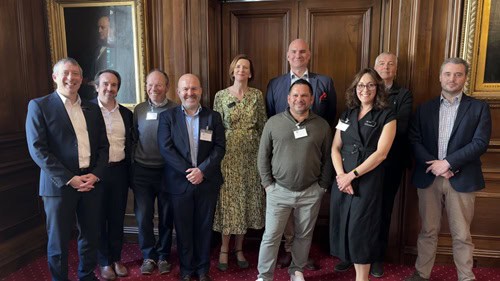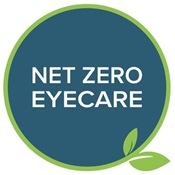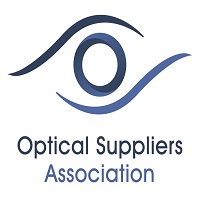General News
Shaping the future: The College of Optometrists Holds AI in Eye Care Summit

Shaping the future: The College of Optometrists Holds AI in Eye Care Summit

On 2nd April, The College of Optometrists brought together leading experts, patient and public involvement representatives, policymakers and eye care professionals for its AI in Eye Care Summit.
The Summit served as a collaborative platform where key stakeholders discussed and defined a shared vision for the future of artificial intelligence (AI) in eye care, addressing both the opportunities and challenges AI presents in patient care and professional practice.
Presentations from the College’s Lead Clinical Adviser, Daniel Hardiman-McCartney FCOptom MBE, and Preffors Manuel Trucco from the University of Dundee, Mike Horler from Sussex Eye Hospital, Chris Eastham from Fieldfisher LLP, Karl Jeebaun from the Optical Suppliers Association, and Andy Bush from the UK National Eye Health and Hearing Study’s Patient and Public Expert Working Group, focused on different aspects of AI and its use in eye health. The talks guided group and panel discussions throughout the day.
A transformational tool
Ahead of the Summit, The College of Optometrists surveyed its members to understand how AI is perceived*. The responses highlight both enthusiasm and caution, reinforcing the need for a thoughtful and inclusive approach to AI integration in eye care.
The research revealed that optometrists are largely optimistic about AI’s potential to enhance eye care over the next decade:
- 91% believe AI will have a positive impact on diagnosing eye conditions, improving accuracy and efficiency
- 79% see it improving patient information and triage, ensuring faster and more effective care
- 77% think it will enhance online searches for eye care-related topics, making reliable information more accessible
Many respondents also emphasised that AI-driven image analysis, diagnostics, and record-keeping could streamline workflows, enhance collaboration between eye care professionals, and even empower patients to take a more active role in their eye health.
Complementing human care
While AI presents exciting possibilities, the survey respondents also voiced key concerns that must be addressed:
- 55% believe AI could positively impact patient-practitioner relationships, but 23% worry it may have a negative effect
- Younger respondents (18-34 years old) were more sceptical, with a higher likelihood of believing that the technology could weaken the human connection in healthcare
- Free-text responses revealed concerns about data security, job security, AI accuracy, and regulatory oversight
Some respondents stressed the importance of human oversight, ethical AI use, and clear guidance for professionals on how to integrate AI safely and effectively into their work. There was also concern about patients using AI for self-diagnosis, potential misuse of AI-generated information, and a call to ensure AI tools are developed in collaboration with eye care professionals.
Developing best practices for AI in eye care
The summit attendees discussed the outcomes from the first round of the AI consensus process, which aims to collect opinions on AI in eye care to gain consensus on the key issues, opportunities, risks and benefits of AI in eye health, and to inform the development of guidance. Conversations focused on data quality and security, equity of care and access to care; and managing boundaries and standards while enabling effective deployment of AI in eye health.
Over the coming months, The College of Optometrists will develop guidance and recommendations on AI in eye care.

Dr Gillian Rudduck MCOptom, President of The College of Optometrists, commented: “Our AI in Eye Care Summit explored the impact of AI in patient care, and sparked important conversations about the opportunities and challenges AI presents to optometry. The Summit created an opportunity for the wider eye health community and other experts to come together and discuss how to implement AI ethically, with integrity, and in the best interest of patients.”
























